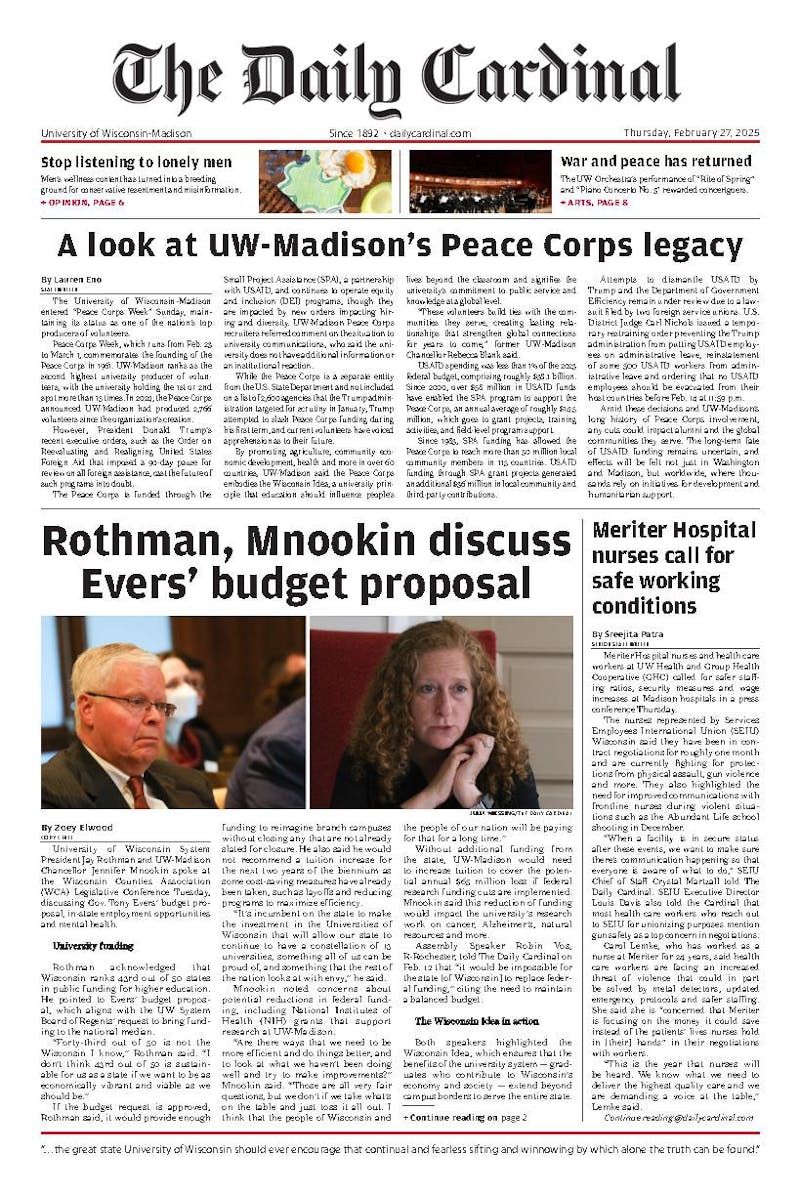Aimlessly scrolling through the student jobs catalog at 2:00 in the morning is inevitable for any undergraduate attempting to further their career. There are some excellent positions offered on behalf of the university; however, many of these jobs can be rather exclusive. A higher barrier to entry mixed with a low position count leaves many students with a “resume received” status under their application. The struggle of not having enough experience to access positions that build experience can serve as a discouraging cycle.
Although flashy internships might be an initial consideration for part time work, very rewarding opportunities can be found in unexpected places. By seeking unconventional postings through the local student jobs catalog, you can gain valuable experience that is seldom found in an office or a classroom.
After realizing my resume wouldn't cut it for the summer internships I wanted, my friend reached out with an opportunity that he had recently passed on: a bike shop. I had zero mechanical experience and didn’t even like bikes all that much, but rent had to be paid. After completing a very low stakes interview process, I was immediately scheduled to work the following Sunday.
It ended up being an incredibly rewarding summer job.
Working at this particular bike shop was sort of like taking part in a traveling circus. There were different acts that specialized in varying routines, all based in different locations. Bouncing between the stores for this and that, occasionally interacting with the other performers. Almost none of the employees had childhood dreams of working there, but they were part of the spectacle nonetheless.
The overall environment was very relaxed. This wasn’t a job where a poised demeanor is just as mandatory as a collared shirt. We weren't fighting over recognition or competing for promotions. We just fixed and sold the bikes — that was it. It was a relaxed and interconnected environment that made for some valuable learning opportunities.
While working under management there were very soft quotas, no real deadlines, and (to be completely honest) hardly any pressure at all. Simply put, your job was to make sure things ran smoothly by helping out however you could. It was your willingness to learn new skills that determined what you did and your ability to adapt to change that kept you on the team.
I ended up falling in love with fixing and building bikes, the same way many of my co-workers did. It was this weird common interest we all shared that our friends outside the shop didn't really understand. After studying under experienced mechanics, I became competent at diagnosing and correcting mechanical issues. Not only did these skills keep me on payroll, but I was able to apply them outside of work. If I ever needed some extra cash, I could buy a used bike off of the shop or Facebook marketplace, fix it myself and then resell it for a neat profit. For transparency's sake, the bike shop paid me well enough where this practice wasn’t a necessity. However, the ability to actually apply the new skills I was learning made the job that much more rewarding.
Plus, the extra beer money was nice.
Another thing I learned while working in a (semi) small business was the scope of work you incur can be very wide depending on the company. These businesses are more likely to encourage an employee's ambitions by allowing them to help out and gain experience for things that weren't necessarily in the job description. I worked with a young mechanic at the shop who helped design and manage the company website, just because he could. A more traditional work environment would typically assign this task to a dedicated web developer, but at the shop, this kind of initiative was encouraged. You are far less likely to encounter this functional flexibility in a more traditional internship.
It’s easy to feel outclassed by peers with interesting internship opportunities — even if their
parents knew someone who knew someone. Although positions like these may hold certain prestige during Thanksgiving family interrogations, they do not solidify one's career path or even guarantee a sense of fulfillment. You are able to learn valuable lessons while discovering new interests just about anywhere, regardless of title or pay.
By setting aside preconceived notions of success, you are more equipped to find the things you actually enjoy doing. Isn’t that the point?






